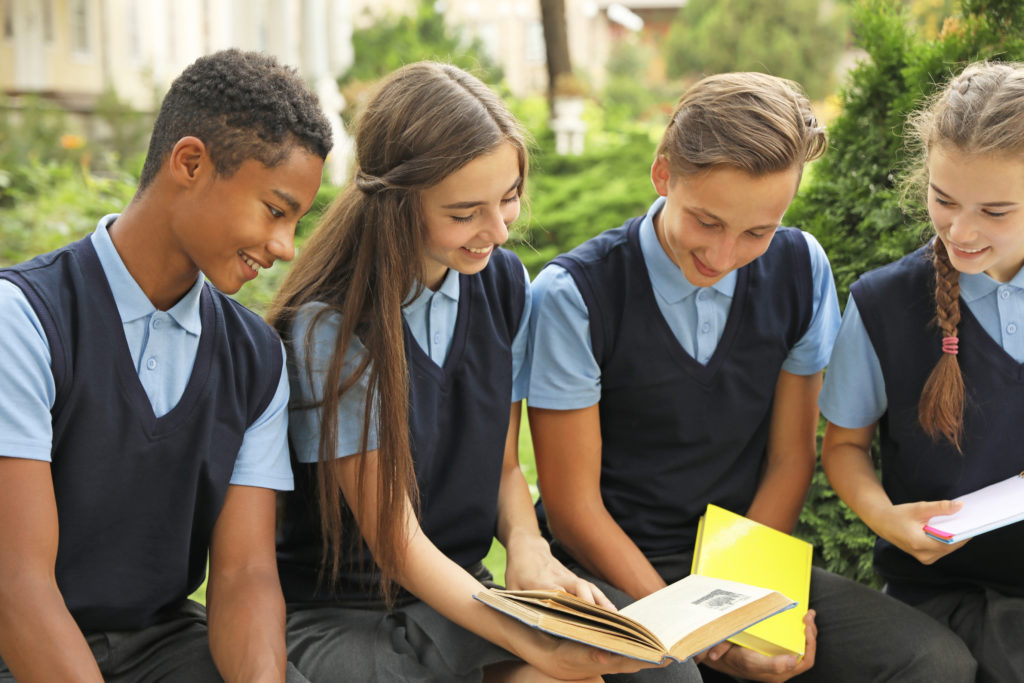Quick Hits
Daily brief research updates from the cognitive sciences

There has been a long-standing debate and discussion in learning contexts for what is the best way to form groups for optimal learning when there are different abilities in those groups.
The two classic strategies are one, put those of similar ability together so that everyone can operate at a similar level and hopefully benefit from more targeted learning. And two, put differing abilities together so that the peers can also benefit from each other and those with stronger ability can also pull along the weaker ones.
This applies to many scenarios, from sports training, to educational contexts, and even in business.
However different research has pointed to different things – for example in peer learning differences, if not too large seem to be beneficial. But if differences are too large, it becomes detrimental. So, to answer this question enter mathematicians from the University of Rochester.
They analysed this using mathematical principles which included multiple assumptions such as: multiple groups would be formed; the individuals involved would have different skill levels; an optimal teaching environment would be one in which a student is taught at a level that matches his or her skill level; and the optimal grouping system would maximize the collective benefit for all students.
They then analysed three grouping scenarios. Tiered grouping according to ability, balanced grouping of different abilities, and random groupings.
And what were the results?
The results showed that according to this mathematical model tiered-grouping, grouping according to ability was best.
It should be noted that this is, as we would expect, best for the group on average. For an individual however, it might not be best. For example, an individual might benefit more from being in a group of people with higher ability (probably not too much higher).
But for the moment, though I am sure the debate will continue, mathematics shows that grouping people into similar ability groups is best for learning…on average.

Andy Habermacher
Andy is author of leading brains Review, Neuroleadership, and multiple other books. He has been intensively involved in writing and research into neuroleadership and is considered one of Europe’s leading experts. He is also a well-known public speaker, speaking on the brain and human behaviour.
Andy is also a masters athlete (middle distance running) and competes regularly at international competitions (and holds a few national records in his age category).
References
Peter D. Wiens, Christine Zizzi, Chad Heatwole.
Instructional Grouping Theory: Optimizing Classrooms and the Placement of Ranked Students.
Educational Practice and Theory, 2022; 44 (1): 5
DOI: 10.7459/ept/44.1.02
More Quick Hits
Groovy Music Improves Brain Performance
Quick HitsDaily brief research updates from the cognitive sciences et into the groove… or so sang Madonna with her hit single in 1985. Little did she know at the time but getting into the groove certainly does seem to be beneficial for you - not to...
Even Moderate Alcohol Consumption Linked to Brain Decline
Quick HitsDaily brief research updates from the cognitive sciences he tide seems to have turned on alcohol. Though we have always known that excessive alcohol consumption is negative there were for a long time inconsistencies with the research into...
Flu Vaccination Dramatically Lowers Risk Of Alzheimer’s
Quick HitsDaily brief research updates from the cognitive sciences am always interested in headlines that are related to brain health. And though Alzheimer’s is a long way off for (hopefully) me, this still struck me as interesting. For me this...
How Mindfulness Meditation Reduces Pain
Quick HitsDaily brief research updates from the cognitive sciences indfulness meditation has been shown to be beneficial for many things such as lowering stress, increasing wellbeing but also making better decisions and being less biased. Not bad....
You Smell Like Your Friends
Quick HitsDaily brief research updates from the cognitive sciences e all know that dogs like to sniff each other - often in "delicate" parts of their body. We also know that many other animals have very good sense of smells. But in our daily lives,...
Social Interactions Define Your Sense of Purpose
Quick HitsDaily brief research updates from the cognitive sciences aving a sense of purpose is a pretty good thing to have because it seems to correlate with multiple health and life satisfaction measures. If you have a healthy sense of purpose you...






